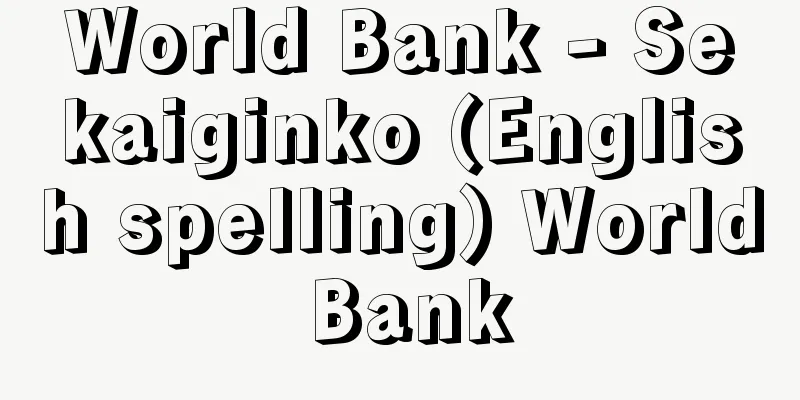Buchanan, James

|
Born April 23, 1791, near Mercersburg, Pennsylvania [Died] June 1, 1868. Born near Lancaster, Pennsylvania. 15th President of the United States (in office 1857-61). Started as a lawyer, then served as a Federalist member of the Pennsylvania House of Representatives (1814-16), a member of the U.S. House of Representatives (1821-31), and Japanese envoy to Russia (1832-33). Around this time, he became a Democrat and served as a U.S. Senator (1834-45) and Secretary of State under President J. Polk (1845-49). In 1853, while serving as ambassador to Great Britain, he participated in drafting the Ostend Declaration, which forced Spain to cede Cuba. Elected president in 1856. While he believed that slavery was evil, he opposed interference with slavery in the territories in order to develop the American West, and tried to reach a compromise between the North and the South, but all efforts failed, leading to the split of the Democratic Party. When southern states began to secede from the Union in 1860, the Republicans condemned the move, but took the position that they could not use force to stop the secession, because the Constitution did not contain any provision regarding secession. Buchanan |
|
[生]1791.4.23. ペンシルバニア,マーサーズバーグ近郊 [没]1868.6.1. ペンシルバニア,ランカスター近郊 アメリカの政治家。第 15代大統領 (在任 1857~61) 。初めは弁護士,その後連邦派としてペンシルバニア州下院議員 (14~16) ,連邦下院議員 (21~31) ,ロシア駐在公使 (32~33) 。この頃から民主党員となり,連邦上院議員 (34~45) ,J.ポーク大統領のもとで国務長官 (45~49) をつとめた。 1853年イギリス駐在大使のときスペインにキューバの割譲を迫るオステンド宣言の起草に参加。 56年の大統領選挙で当選。みずからは奴隷制を悪としながら,アメリカの西部発展のため,准州での奴隷制への干渉に反対し,南北の妥協に努めたが,ことごとく失敗し,民主党の分裂を招いた。 60年南部諸州の連邦脱退が始ると,それを非難しながらも憲法に連邦脱退に関する条文がないことを理由に,武力を用いて離脱を阻止することはできないという立場を取った。 ブキャナン
|
Recommend
Stone Mochi Jako - Stone Mochi Jako
…In Wakaura, Wakayama Prefecture, it is called Ho...
New Council - New Council
A national united front organization in Korea und...
Birds and beasts
...The unevenness of the rocks is decorated by ar...
Ordine Nuovo (English spelling)
…Leader of the Italian Communist Party. While stu...
Gentiana acaulis (English spelling)
… [Toyokuni Hideo]. … *Some of the terminology th...
Awakening - Awakening
Year of birth: Year of birth and death unknown. A ...
Clerk - Tedai
〘noun〙① To act on someone's behalf. Also, that...
Coast Guard - English spelling: coast guard
A maritime force that enforces maritime law along ...
Kannonyama Tomb - Kannonyama Tomb
This keyhole-shaped tumulus is located in Watanuki...
"The Legend of Ippen Shonin"
...Of the various versions, there are few that ar...
IUIS - IuIs
…International Astronomical Union (abbreviated as...
Hisayama [town] - Hisayama
A town in Kasuya County, in the mid-west of Fukuok...
Udegeitsy
...Population: 1900 (1989). Russians call them Ud...
Grotteschi
…Originally a type of decorative pattern from cla...
endogenous branching
…In contrast, in normal roots, the apical meriste...









